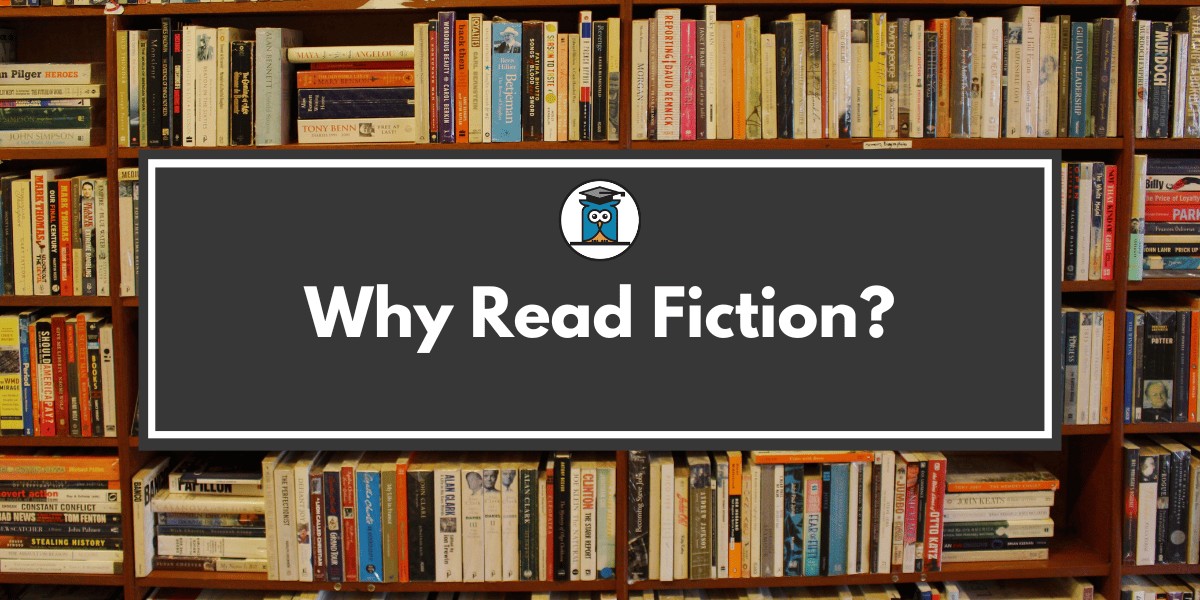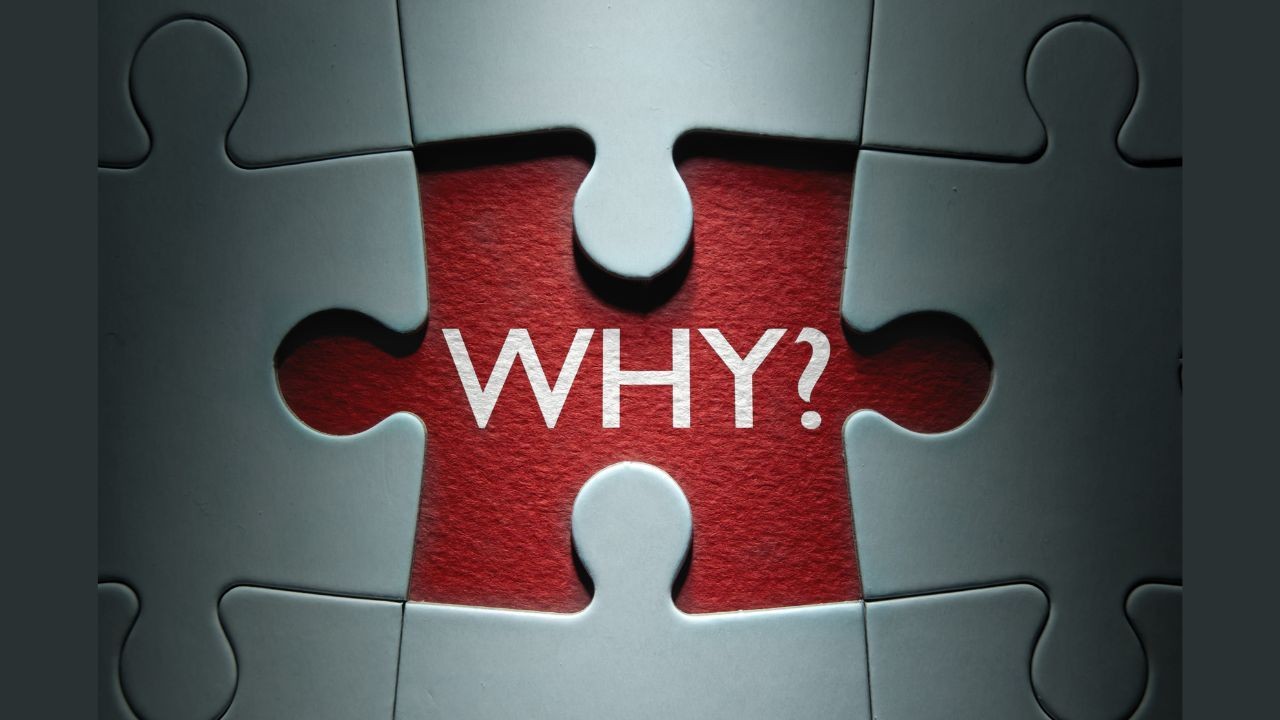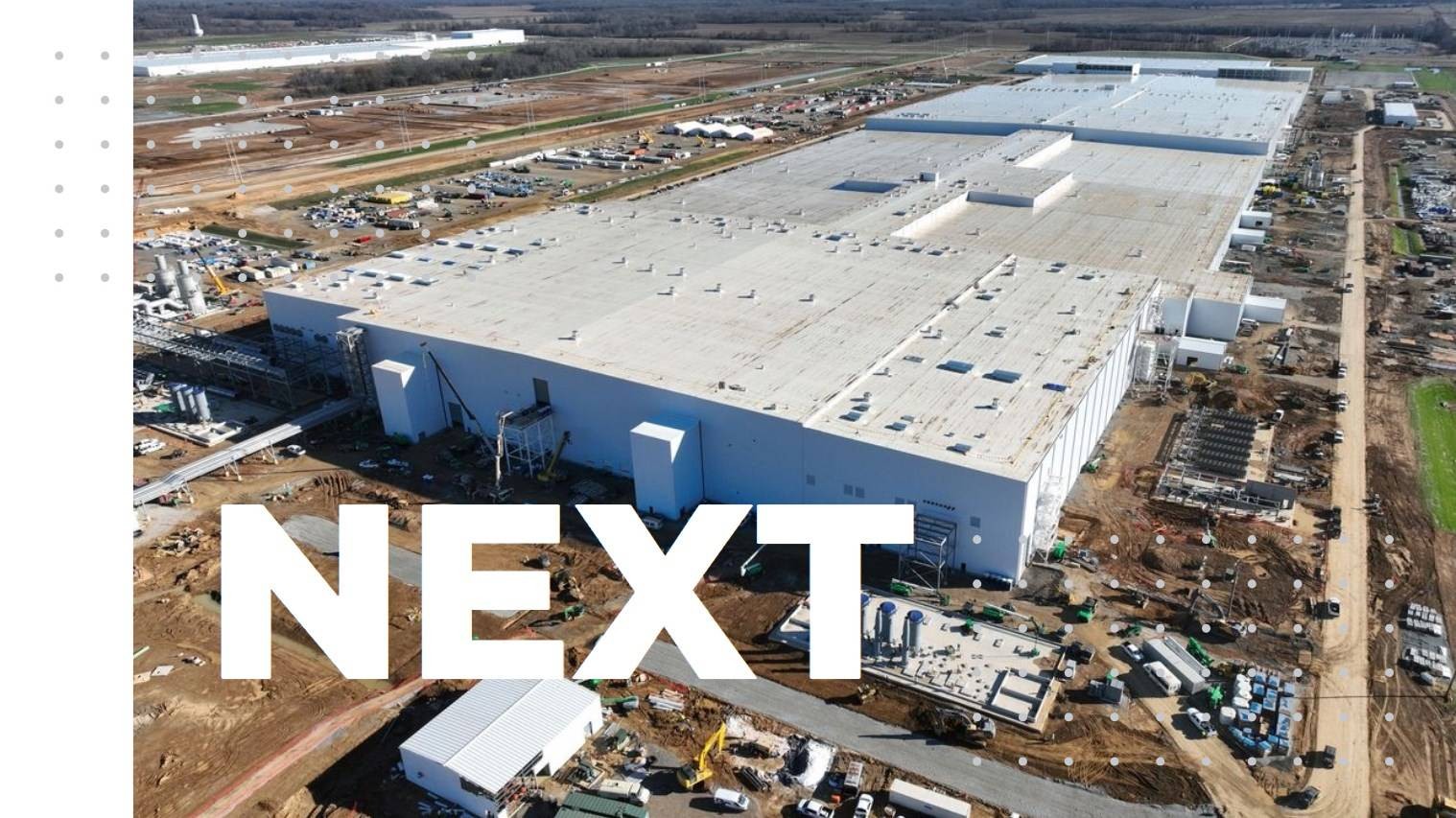Standardized testing has long been a fixture in education systems around the world, serving as a benchmark for academic achievement, college admissions, and institutional accountability. Yet as the demands of the modern workforce evolve and the understanding of learning deepens, the future of standardized testing is being reimagined. The traditional model—uniform assessments administered under timed conditions—faces growing scrutiny for its limitations in measuring true learning, equity, and readiness for life beyond the classroom. What emerges is a compelling need to rethink not just how we test, but why we test, and what outcomes we truly value.
One of the most pressing critiques of standardized testing is its narrow scope. These assessments often prioritize memorization and speed over critical thinking, creativity, and problem-solving. While they offer a snapshot of performance, they rarely capture the full picture of a student’s capabilities. A student who excels in collaborative projects, demonstrates leadership in extracurricular activities, or shows resilience in overcoming challenges may not perform well on a multiple-choice exam. Yet these qualities are increasingly recognized as essential in both higher education and the workplace. The disconnect between what is tested and what is needed has prompted educators and policymakers to explore more holistic approaches.
Technology is playing a pivotal role in reshaping assessment. Adaptive testing platforms, for example, adjust the difficulty of questions based on a student’s responses, offering a more personalized and accurate measure of ability. These systems can provide real-time feedback, track progress over time, and identify specific areas for improvement. Unlike traditional tests, which often result in a single score, adaptive assessments offer a nuanced view of learning. They also reduce the pressure of high-stakes environments by allowing students to demonstrate understanding in a more flexible and responsive format. This shift reflects a broader trend toward learner-centered education, where assessment is integrated into the learning process rather than imposed upon it.
Equity is another driving force behind the transformation of standardized testing. Critics argue that these tests often reflect socioeconomic disparities more than academic potential. Access to test preparation resources, familiarity with test formats, and even the ability to take time off for testing can vary widely among students. As a result, standardized scores may reinforce existing inequalities rather than level the playing field. In response, some institutions are moving toward test-optional admissions policies, placing greater emphasis on portfolios, interviews, and contextual evaluations. This approach recognizes that talent and promise are not always quantifiable through a single exam and that diverse pathways to success should be acknowledged.
The future of standardized testing also involves a shift in purpose. Rather than serving solely as gatekeepers for advancement, assessments are being reimagined as tools for growth. Formative assessments, which provide ongoing feedback during the learning process, are gaining traction in classrooms and corporate training programs alike. These assessments help learners reflect on their progress, set goals, and take ownership of their development. In business settings, performance reviews are increasingly incorporating self-assessment and peer feedback, moving away from rigid metrics toward more dynamic evaluations. The emphasis is on learning as a continuous journey, not a one-time event.
Policy and accountability frameworks are adapting as well. Governments and educational bodies are exploring ways to balance the need for data with the imperative for meaningful learning. This includes piloting new assessment models, investing in teacher training, and engaging stakeholders in the design of evaluation systems. The goal is not to eliminate standardized testing entirely, but to ensure that it serves learners rather than constrains them. Transparency, flexibility, and relevance are becoming key criteria in the development of future assessments.
Importantly, the conversation around standardized testing is not limited to education. In the business world, hiring practices are evolving to reflect a broader understanding of talent. Employers are increasingly looking beyond test scores and credentials to assess skills, potential, and cultural fit. Competency-based assessments, simulations, and project-based evaluations are being used to identify candidates who can think critically, collaborate effectively, and adapt to change. This mirrors the shift in education toward authentic assessment and underscores the need for alignment between learning and labor market demands.
Ultimately, the future of standardized testing lies in its ability to evolve. It must move from a rigid, one-size-fits-all model to a more flexible, inclusive, and insightful system. This requires collaboration among educators, technologists, policymakers, and learners themselves. It demands a willingness to question long-held assumptions and to embrace innovation. Most importantly, it calls for a renewed focus on what matters most: preparing individuals not just to perform on a test, but to thrive in a complex, interconnected world. As assessment becomes more aligned with real-world skills and personal growth, it has the potential to become not just a measure of learning, but a catalyst for it.





